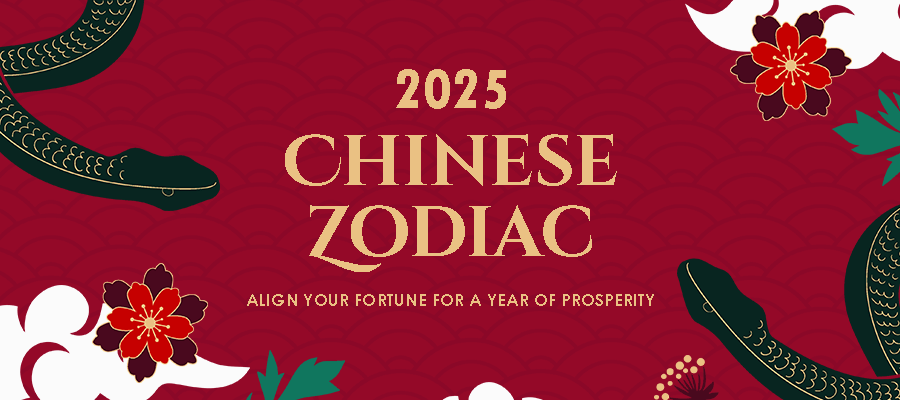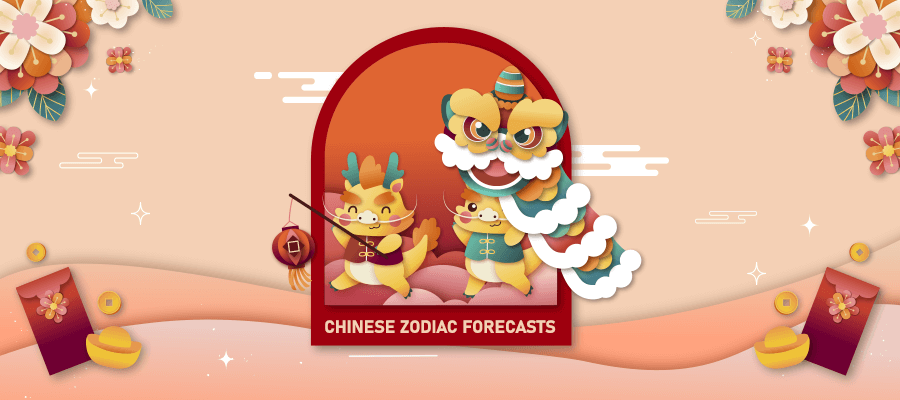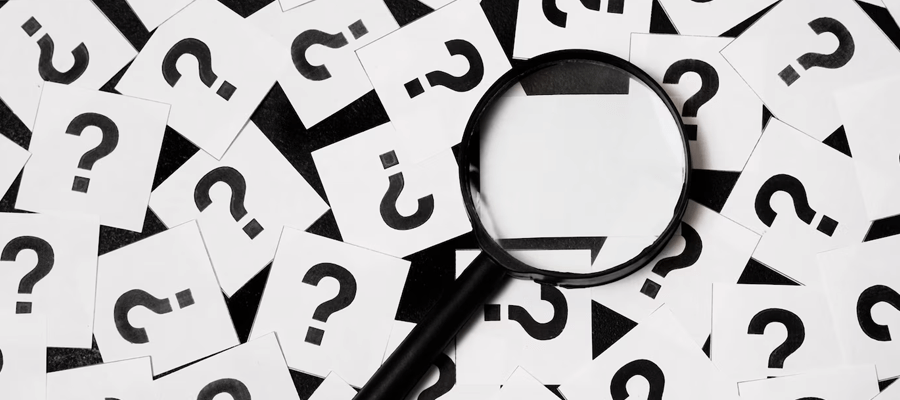
Free stuff have an irresistible allure that captivates people across various demographics and cultures. Whether it’s a complimentary sample at a grocery store, a free trial of a streaming service, a free online giveaways, or a promotional gift from a company, the psychology behind these offerings runs deep. Understanding why people are drawn to free giveaways can provide valuable insights into consumer behavior and marketing strategies.
The Power of “Free”
Psychological research has consistently shown that the word “free” holds a remarkable influence over human decision-making processes. The concept of receiving something without monetary cost triggers a sense of excitement and pleasure in the brain. This phenomenon, known as the “zero price effect,” suggests that people assign disproportionately high value to items that are free, even if the actual benefit or utility of the item is minimal.
Perceived Value and Reciprocity
Free giveaways often create a perception of added value for consumers. Even if the item itself has little monetary worth, the act of receiving it for free can generate a positive association with the brand or product. This perception of generosity can enhance brand loyalty and influence future purchasing decisions.
Moreover, free giveaways trigger the principle of reciprocity, a fundamental aspect of human social behavior. When individuals receive something for free, they often feel a subconscious obligation to reciprocate the gesture in some way. This reciprocity can manifest in various forms, such as increased brand advocacy, word-of-mouth promotion, or future purchases.
Psychological Ownership
Receiving a free item can also lead to a sense of psychological ownership, wherein individuals feel a connection to the item as if it were their own. This feeling of ownership can increase the likelihood of using or consuming the item, as people tend to place greater value on possessions they perceive as belonging to them.
Loss Aversion and Fear of Missing Out (FOMO)
Online giveaways capitalize on the psychological principle of loss aversion, which suggests that people are more motivated by the prospect of avoiding losses than by the potential for gains. When presented with a free offer, individuals may fear missing out on the opportunity and feel compelled to take advantage of it to avoid regret or feelings of deprivation.
Furthermore, giveaways often create a sense of urgency, amplifying the fear of missing out (FOMO) and prompting immediate action. Limited-time offers or exclusive promotions can drive individuals to participate in the giveaway quickly, lest they miss the chance to receive something for free.
Social Proof and Conformity
The popularity of free giveaways can also be attributed to the psychological principle of social proof, whereby individuals look to the actions of others to guide their own behavior. When people see others participating in a giveaway or benefiting from a promotional offer, they are more likely to follow suit in a desire to conform to social norms or avoid feeling left out.
The psychology of giveaways or contest is a fascinating area of study that sheds light on the complex interplay between human behavior and marketing strategies. By tapping into fundamental psychological principles such as the zero price effect, reciprocity, psychological ownership, loss aversion, and social proof, businesses can leverage the allure of free offerings to attract and retain customers, drive engagement, and ultimately, enhance brand loyalty. Understanding why people love getting things for free provides valuable insights into consumer preferences and motivations, offering opportunities for businesses to create more effective marketing campaigns and foster lasting connections with their audience.





